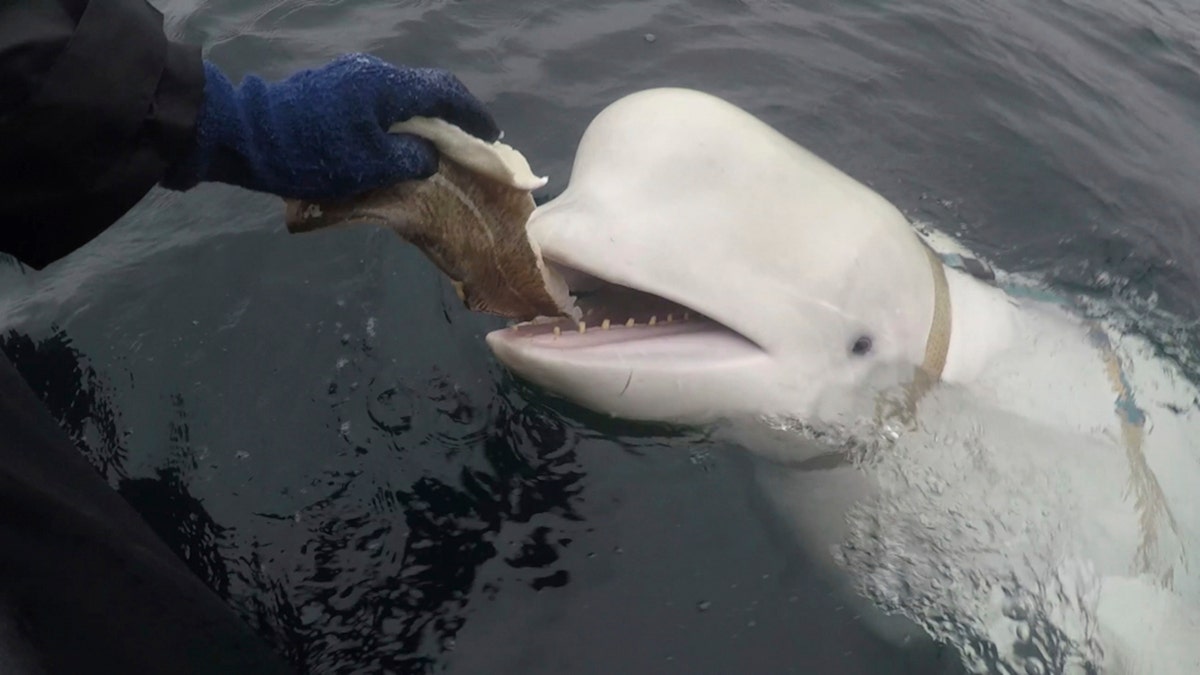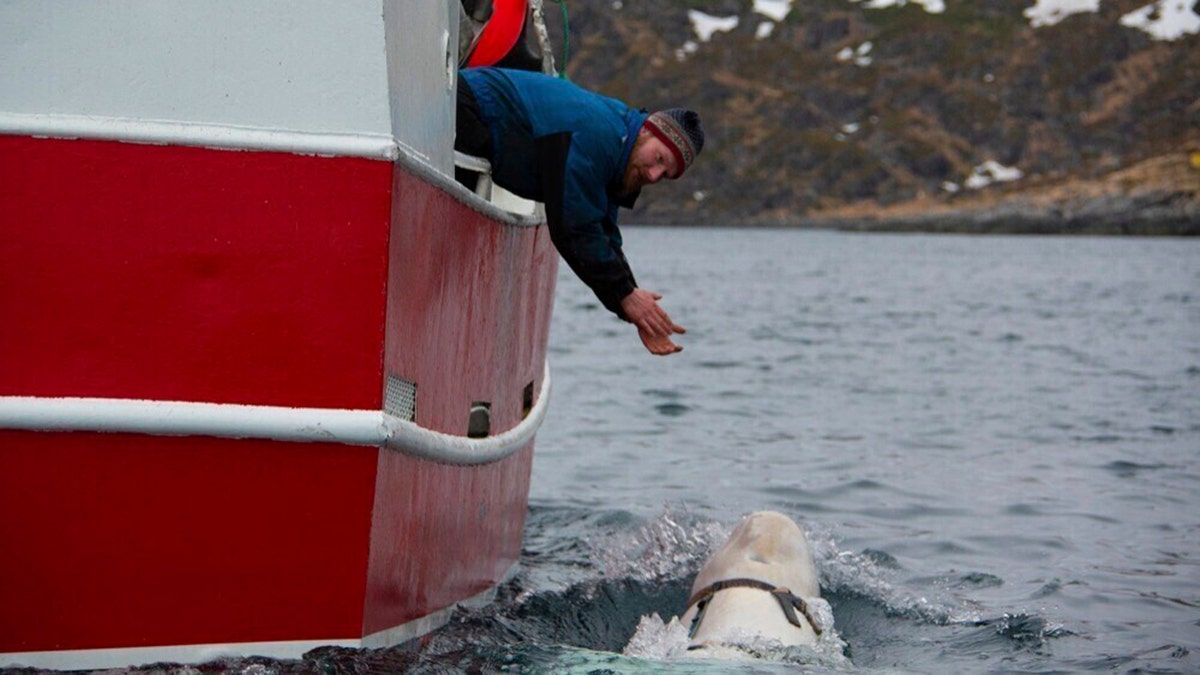INTERNACIONAL
Houthis claim ‘American-Israeli spy network’ members arrested

Yemen’s Houthi rebels said Monday they had arrested members of an «American-Israeli spy network» days after detaining at least 11 U.N. staffers along with others from aid organizations.
Maj. Gen. Abdulhakim al-Khayewani, head of the Houthis’ intelligence agency, announced the arrests, saying the spy network had first operated out of the U.S. Embassy in Sanaa. Then after it was closed in 2015 following the Houthi takeover of the capital Sanaa and northern Yemen, they continued «their subversive agenda under the cover of international and UN organizations,» he said.
He did not say how many people were arrested. Houthi authorities issued what they purported to be videotaped confessions by 10 Yemenis, several of whom said they were recruited by the U.S. Embassy. They did not include any of the U.N. employees who were arrested. The Houthis’ claims could not be independently verified.
HOUTHIS DETAIN AT LEAST 9 UN EMPLOYEES AND OTHER AID WORKERS, OFFICIALS SAY
The United Nations on Friday announced the arrests of 11 Yemeni staffers. Six worked for the U.N.’s human rights agency, while one apiece worked for its special envoy’s office, its development arm, UNICEF, the World Food Program and UNESCO. Other aid groups also reported employees detained, though the total number was not known.
FILE – Yemenis gather past graffiti against the Saudi-led airstrikes on the wall the main entrance of the closed U.S. Embassy in Sanaa, Yemen, Thursday, Oct. 8, 2015. Yemen’s Houthi rebels said Monday, June 10, 2024, they had arrested members of an «American-Israeli spy network» days after detaining at least 11 U.N. staffers along with others from aid organizations. The head of the Houthis intelligence agency says the spy network had first operated out of the U.S. Embassy in Sanaa, then «under the cover» of international and U.N. organizations. (AP Photo/Hani Mohammed, File)
The detentions come as the Houthis, who have been fighting a Saudi-led coalition since their takeover of the north, have been targeting shipping throughout the Red Sea corridor over the Israel-Hamas war in the Gaza Strip. At the same time, their administration has faced increased financial pressure, and the group has cracked down on dissent at home, including recently sentencing 44 people to death.
Al-Khayewani depicted the spy network as having worked for decades to infiltrate Yemen’s economy, agriculture, health system and other sectors to destroy them.
The war in Yemen has killed more than 150,000 people, including fighters and civilians, and created one of the world’s worst humanitarian disasters, killing tens of thousands more. The Houthis’ attacks on shipping have helped deflect attention from their problems at home and the stalemated war. But they’ve faced increasing casualties and damage from U.S.-led airstrikes targeting the group for months now.
It’s unclear what exactly sparked the latest detentions. Former employees of the U.S. Embassy in Sanaa, which shuttered in 2015, also have been detained and held by the Houthis.
CLICK HERE TO GET THE FOX NEWS APP
However, it comes as the Houthis have faced issues with having enough currency to support the economy in areas they hold. Yemen’s exiled government in the southern city of Aden have demanded all banks move their headquarters there as a means to stop the worst slide ever in the value of the currency and re-exert their control over the economy.
INTERNACIONAL
Was a beloved whale suspected of being a Russian ‘spy’ killed in Norway?

Havldimir quickly became a celebrity in Norway, swimming his way into their Nordic hearts.
But this beluga whale’s odd story started in 2019 when he was discovered in northern Norway near the island of Ingoya wearing a harness with «Equipment St Petersburg» written in English connected to a mount for a small camera.
Hvaldimir, as Norwegians dubbed him – mixing together the Norwegian word for whale and Russian President Vladimir Putin’s name – was intelligent, friendly and responded to hand signals, leading Norway’s spy agency to believe he had been held in captivity by Russia and used for research purposes.
Once Hvaldimir was freed from his harness, though, his friendly personality made him beloved in the country.
CRITICALLY ENDANGERED WHALE SEEN OFF CALIFORNIA COAST: ‘EVERY SIGHTING IS INCREDIBLE VALUABLE TO US’
Hvaldimir was found in 2019 wearing a harness with a camera mount on it. (Jorgen Ree Wiig/Sea Surveillance Service/Handout/NTB Scanpix via Reuters/File Photo)
He was fed and monitored by the Norwegian government and dubbed a «free-swimming whale» by the Norwegian Orca Survey, venturing as far as Sweden but always returning home, according to The Telegraph.
Hvaldimir was found dead off southern Norway last weekend.
«It’s absolutely horrible,» marine biologist Sebastian Strand, who worked with Marine Mind, told Norwegian public broadcaster NRK. «He was apparently in good condition as of (Friday), so we just have to figure out what might have happened here.»
BREACHING WHALE CAPSIZES BOAT AFTER LANDING ON TOP OF IT OFF NEW HAMPSHIRE, SHOCKING VIDEO SHOWS

Hvaldimir, being fed here, became beloved in Norway. (orgen Ree Wiig, Norwegian Directorate of Fisheries via AP)
Hvaldimir may have died of natural causes, but conservation groups NOAH and One Whale have filed police reports claiming he was shot, according to the Telegraph.
The Oceanic Preservation Society said that a necropsy will be done on Hvaldimir to determine his cause of death in the next few weeks.
«We’ve been absolutely devastated over the news, and are deeply saddened that humanity failed this beloved whale,» the organization said on social media.

He was fed and monitored by the Norwegian government and dubbed a «free-swimming whale» by the Norwegian Orca Survey, venturing as far as Sweden but always returning home. (Jorgen Ree Wiig, Norwegian Directorate of Fisheries via AP)
Nonprofit Marine Mind said on Facebook that Hvaldimir «bridged the gap» between humans and wild animals in a way «few can.»
CLICK HERE TO GET THE FOX NEWS APP
«Hvaldimir was not just a beluga whale; he was a beacon of hope, a symbol of connection, and a reminder of the deep bond between humans and the natural world,» the organization said. «Over the past five years, he touched the lives of tens of thousands, bringing people together in awe of the wonders of nature. His presence taught us about the importance of ocean conservation, and in doing so, he also taught us more about ourselves.»
Reuters and the Associated Press contributed to this report.
-
POLITICA2 días ago
La represión a los jubilados, un espejo en el que duele reconocerse
-
POLITICA1 día ago
“Estúpido” y “exlibertario”: reapareció Cristina Kirchner y cruzó muy duro a Javier Milei
-
POLITICA1 día ago
Milei versus Cristina: el Presidente le responde a la exvicepresidenta en el Congreso del IAEF y habla sobre el dólar y el cepo
-
POLITICA2 días ago
Javier Milei planea exponer el Presupuesto en el recinto de Diputados y ya genera polémica con la oposición
-
CHIMENTOS2 días ago
La versión de Victoria Onetto sobre su «aventura» con Alberto Fernández
-
POLITICA2 días ago
Argentina – Chile, en vivo





























